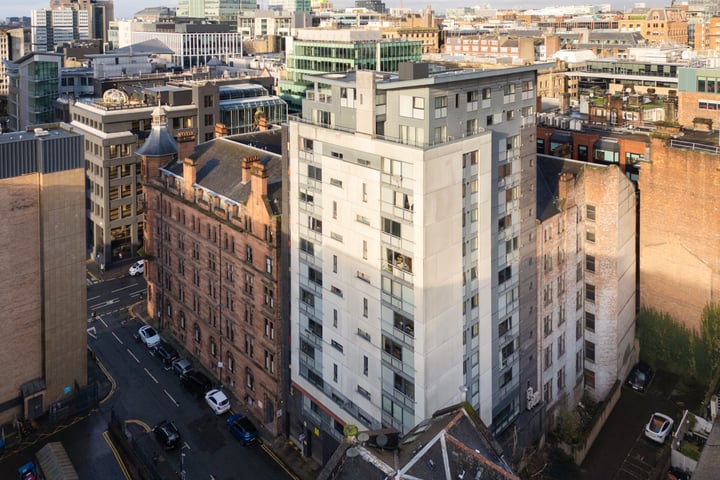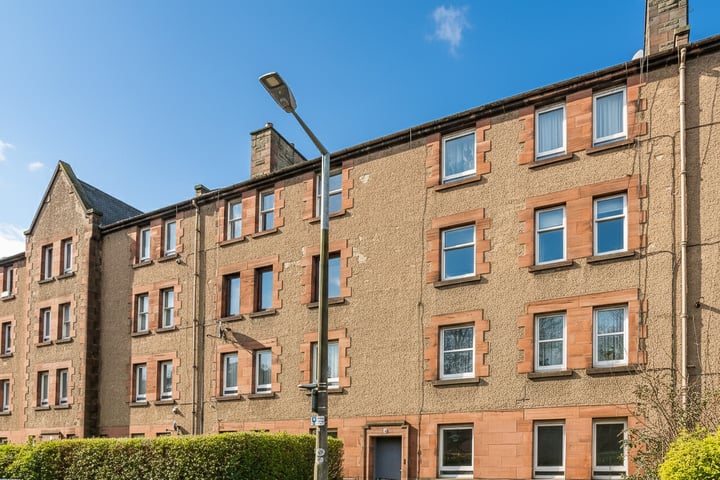The Chief Executive of one of the UK’s largest lenders has warned that, when interest rates go up, the number of repossessions could become a ‘tsunami’. All this just a day after the Bank of International Settlements (which I’ve seen described as ‘the Central Bank for Central Banks’) said that the policy of the Bank of England with regard to keeping interest rates historically low was “unsustainable”. http://www.guardian.co.uk/business/2011/jun/27/house-repossessions-wave-interest-rates-rise
The ‘tsunami’ comments come from the most powerful person at a lender that almost nobody in the UK has probably heard of. However, this man knows what he’s talking about when it comes to repossessions and borrowers who are in trouble. UK Asset Resolution (UKAR) has 750,000 customers and is set up to run the nationalised mortgages of Bradford & Bingley and parts of Northern Rock. It’s the UK’s fifth largest mortgage lender. However, 23,000 of those mortgage holders are more than six months behind with payments.
He recommends a policy of ‘tough love’, stating that the requirements for banks to ‘treat customers fairly’ doesn’t necessarily mean ‘treat them nicely’, pointing out that allowing borrowers to stay in their homes but to become more and more indebted is not helping them.
Is Tough Love Really Fair? And Anyway, What’s This All Really About…?
His comments will no doubt spark quite a heated debate on the Guardian website where this article is posted. However, it does seem to make some sense. From time to time MOV8 Real Estate has acted for lenders, usually through their asset managers: intermediaries appointed by the lender to manage the process of selling a defaulting borrower’s property. The general picture that the public has of borrowers in default is of home owners struggling to make ends meet. For them there has to be the hugest of sympathy.
There is however another class of property speculator who bought properties with ludicrously large loans, many of them in ‘no money down’ deals where they got away without paying a deposit through financial jiggery pokery by financial advisors and slightly slack mortgage guidelines for solicitors. Much of the repossession activity that we have seen in the past few years has centered around these types of property buyers and owners. For them, it is hard to feel much sympathy: when times were good they made a lot of money trading in properties, often through limited companies. When times became tough they walked away, disolved the companies or disappeared. Many of these loans were made on modern-build flats, many at the very height of the market, and in some cases it’s staggering to believe the amount of money that was lent on these properties: when you see them you can’t believe they were EVER worth what the official valuation and asking price at the time were. Which brings me back to the story…
So is there maybe an ulterior motive behind proposing that this course of action really is the fairest way? Some people might say ‘yes’. Sure, we don’t want to see borrowers getting more and more into debt. However, bear in mind that mortgages are a HUGE debt. In many cases the amount is in the hundreds of thousands, not the tens. So a few thousand pounds more for a few months of missed payments is a relatively small percentage of the loan. If the property that the loan is secured on is worth more than the amount of the borrowing, even if that borrowing is constantly increasing, the bank will get its pound of flesh eventually anyway: it’s secured borrowing at the end of the day, the safest kind.
However, the problem across the UK for such lenders is that the banking crisis and general economic crisis happened not long after a property crash across the UK. This wiped out the benefit of secured lending in many cases: many of the people who are now struggling to pay their loans are the ones whose properties are worth less now than the amount of the mortgage. So, after the lender has gone through a lengthy and expensive repossession process which will take several months AFTER the several months of arrears has built up, the lender will eventually recover a property that is worth less than the loan. But, from the borrower’s point of veiw, the borrower is effectively staying in the property for free at the moment. So, they can’t pay their mortgage, they probably won’t have much money for rent, they can’t sell the property and pay back the loan and there’s always the chance that the property market might spike upwards and give them some equity or that they get a huge pay rise or win the lottery…so why not just stay in there for the time being? ‘Tough love’ probably doesn’t really help this profile of borrower: it just makes them homeless more quickly. However, it does help the lender who is already staring down the barrel of a big loss when they sell the repossessed property and just wants to minimise their exposure.
I’m not taking a view as to who is right and wrong here. To be honest, if the lender turned around and said that it was ridiculous that people were sitting in properties for more than 12 months after they’d stopped paying for the right to be there, many people would turn around and say that the lender was fully entitled to think this way. Others take a different view. I’m just pointing out that perhaps this policy of ‘tough love’ really isn’t terribly loving, except in a rather self-loving kind of way!






Leave a Reply